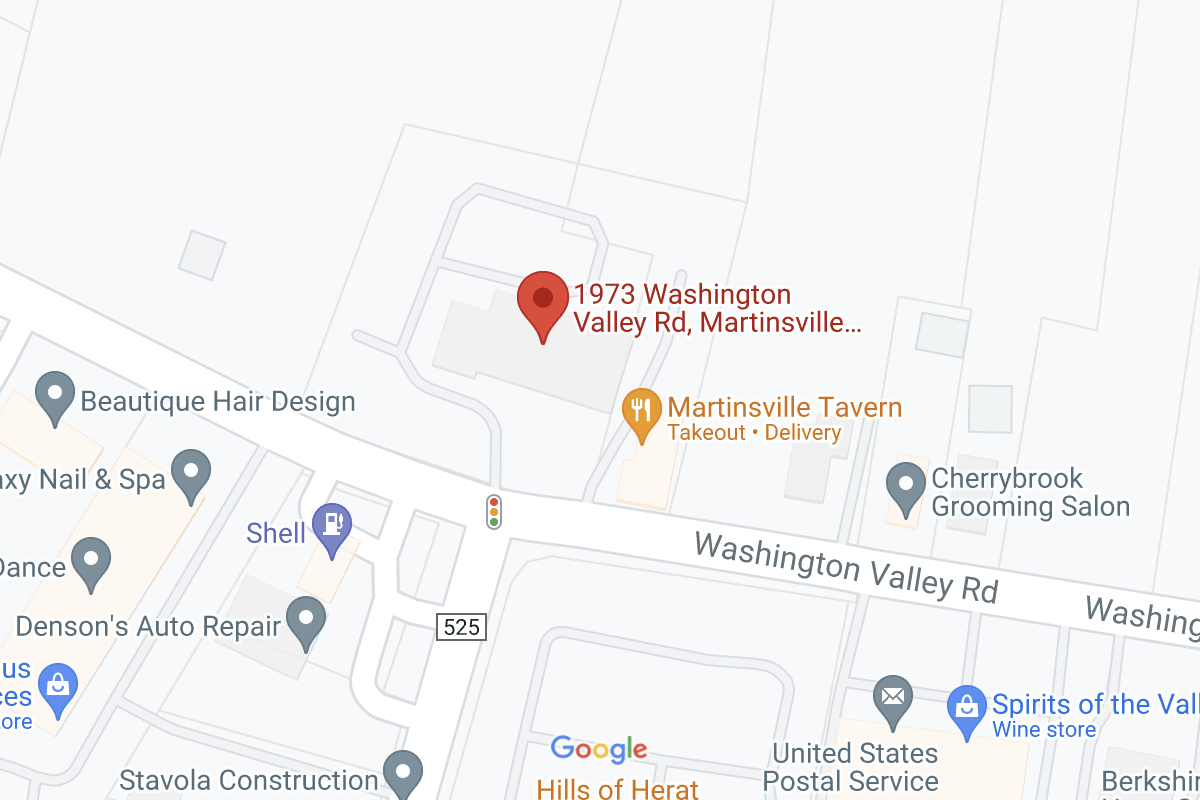Municipal bonds (or munis) issued by state and local governments have long been favored by tax-conscious American investors. These securities provide the unique benefit of tax-free income, allowing investors to shield a portion of their nest egg from federal and most state and local taxes and boost their so-called tax-equivalent yield. As a result, these bonds, which help fund approximately three quarters of America’s infrastructure projects, are particularly attractive to Americans in higher tax brackets. But recent developments indicate that an unlikely new class of investor is becoming interested in munis for completely different reasons. Despite the fact that foreign investors receive none of the tax benefits associated with American municipal bonds, international investment in munis increased by more than 30% between 2014 and 2016 and now exceeds $100 billion.
One reason for this trend is that municipal bond yields have become increasingly attractive relative to the yields offered by developed international fixed income securities. As central banks in markets such as Japan and the European Union have held interest rates low to stimulate their economies, yields on the debts they issue have been pushed downward. In fact, this effect has become so pronounced that yields have actually turned negative in some countries. As a result, foreign fixed income investors have increasingly turned their attention to the American bond market as they search for yield.
Another factor that has attracted foreigners to U.S. municipal bonds is their low default rate. As trades in U.S. Treasury securities have become more crowded, international investors seeking alternatives with similarly low default risk have become increasingly attracted to the stability of investment grade municipal bonds. From 1970 to 2014, only 95 municipal issuers covered by Moody’s defaulted on their debts. For context, there were roughly 15,400 Moody’s-rated municipal securities in circulation by the end of that period. Furthermore, the significant majority of defaults were concentrated in lower-rated, healthcare and housing offerings. General Obligation bonds, which are backed by the tax revenues of state and local governments, were even safer, experiencing only eight defaults in the same time frame. As a result, international investors entering the U.S. muni market appear increasingly confident that high quality investment-grade municipal bonds are a safe investment.
It is worth noting that not all municipal bonds offer tax-free coupons. Perhaps the most well-known example of taxable municipal offerings were Build America Bonds (BABs), introduced in 2009 to stimulate the economy. These offerings attracted new classes of investors into the muni market, including Americans in lower tax brackets and foreigners. Today, taxable municipal bonds are often used to finance projects that do not meet curtain IRS public purpose requirements such as sports stadiums. Yields on taxable munis often exceed those of regular munis because of the lack of a tax-free coupon, making them more attractive to international investors who would not have been eligible for the tax advantage anyway.
The inflow of foreign capital into U.S. municipal bonds has caught the attention of some American fund managers. Firms such as Western Asset Management and Standish Mellon are specifically courting Asian banks and insurers to open accounts and private funds investing in U.S. munis. According to asset manager Van Eck, foreign investment in its High-Yield Municipal Index ETF (Ticker: HYD) has risen to 8% of total assets under management, up from just 3% a year earlier.
While the United States has always been an attractive market for investors throughout the world, foreign interest in municipal bonds is a new frontier. Due to the anemic yields and monetary policy stances of many developed international economies, it is likely that this trend is more than just a passing fad.




